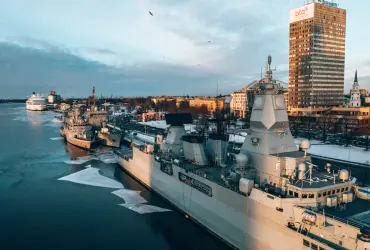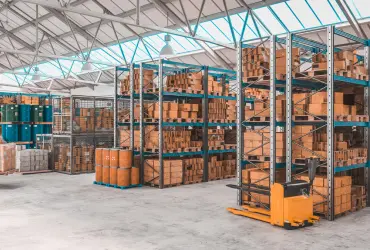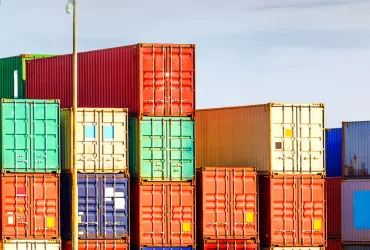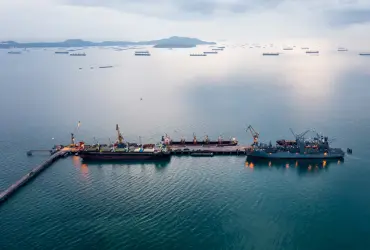Turn All Business Travel Into a Holiday
with a Team That Understands
What You Need
Upcoming Trade Shows in for Shipping

SMM 2026, Hamburg, Germany
1 - 4 Sep 2026

Euronaval 2026, Paris, France
3 - 6 Nov 2026

CIIE 2026, Shanghai, China
5 - 10 Nov 2026

Intermodal Europe 2026, Amsterdam, Netherlands
10 - 12 Nov 2026

METSTRADE 2026, Amsterdam, Netherlands
17 - 19 Nov 2026

Nor-Shipping 2027, Lillestrom, Norway
7 - 11 Jun 2027
Fuel choices and newbuilding strategies are the biggest priorities for the global shipping industry. There’s still a lot of uncertainty continues around regulatory clarity on carbon emissions, which has prompted shipowners and investors to opt for practical solutions that prioritize availability, safety, and cost-efficiency over idealistic green ambitions.
This is precisely the reason why the shipping industry is returning its attention to conventional fuels and liquefied natural gas (LNG). While the International Maritime Organization’s upcoming emissions policies will undoubtedly change the industry’s long-term direction, the near-term reality points to hesitation and conservative decision-making. What does this look like in numbers? A recent poll showed that over one-third of respondents favored LNG as their preferred fuel type for new ship orders in 2025, which stands in contrast to the one quarter who opted for conventional fuels. The cautious sentiment is largely driven by delays in alternative fuel readiness. Ammonia, in particular, seems unlikely to take over as the preferred fuel due to several setbacks, even if it’s one of the zero-carbon options with the most potential. Engine testing has proven more complex than expected, and safety concerns remain unresolved. Not to mention that early on operating costs are sky high, which when paired with the surprising challenges with infrastructure could mean that its adoption may come as late as 2030.
In the meantime, shipowners are making decisions that balance environmental responsibility with commercial viability. As regulatory frameworks still evolve and fuel suppliers wait for clearer signals before making major investments, the prevailing strategy is to avoid long-term commitments to unproven technologies. On the supply side, shipbuilders—particularly in China—have capitalized on the current wave of conservative ordering. Chinese yards now hold an 71% share of the global cargo vessel newbuilding orderbook, up from 65% last year. Yet, even amid record order volumes, high asset prices and long delivery lead times have begun to temper enthusiasm.
GET A FREE QUOTE
Looking for a hotel accommodation for particular trade show or exhibition.
Send us a general enquiry and we will find the best options for you
Send us a general enquiry and we will find the best options for you